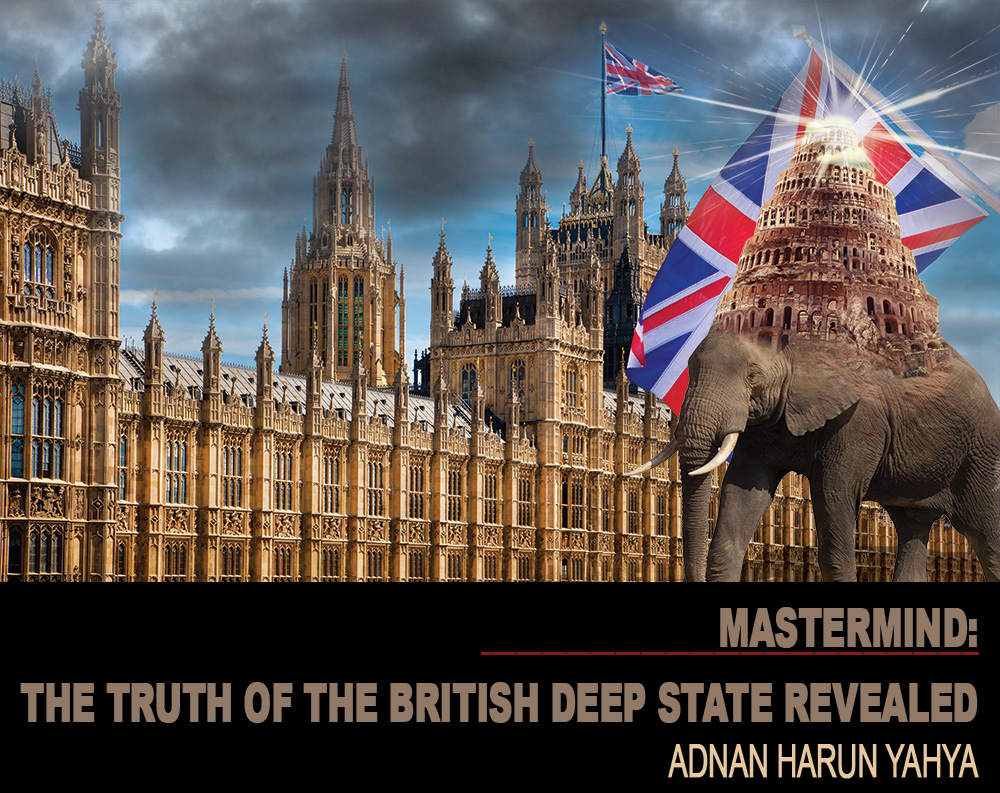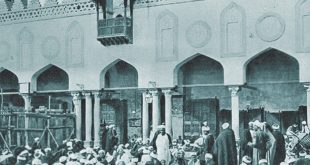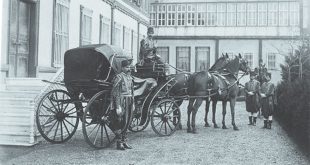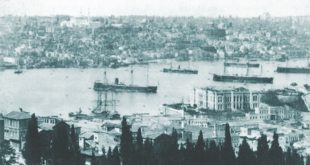The British deep state’s fascination with the Ottoman Empire began during the reign of Queen Elizabeth I of England. When the Queen sent the Privy Council member William Harborne to Sultan Murad III as an envoy in 1579, and Harborne took a permanent residence in Istanbul in 1583, diplomatic relations officially started. (Privy Council is a formal body of advisors in England, whose members are appointed by the prime minister and acts under the influence of the British deep state). Harborne played an important role in diplomatic relations and secured permission for two English traders to conduct business on Ottoman lands. Upon the request of the Queen, the permissions were later extended to cover all English citizens. This was the first capitulation given to the British by the Ottoman Empire, and marked the first step towards British control over the finances of the Ottomans. The Ottoman Empire’s promise to grant capitulations to the British for as long as the two states continued to exist marked the beginning of the end. From that point on, the British deep state maintained a one-sided relationship with the Ottoman Empire, which worked only to the advantage of the British, impoverishing the Ottomans and making the British even wealthier.
 |
| A painting that depicts the invasion of Nicopolis by Russian forces during the Russo-Turkish War (1877-1878) |
To put things into perspective, during the reign of Sultan Suleiman the Magnificent, the budget of the province of Sivas alone was 20 million gold coins, while France had a total budget of only 4 million and England 6 million. Despite its impressive wealth, after the concessions granted to the British, Ottoman began to suffer great losses and by the 19th century its financial system had hit a major roadblock. The privileges given to the British citizens reached their peak with the Treaty of Balta Liman. Interestingly enough, Sultan Mahmud II signed this treaty at his deathbed, at the instigation of the anglophile Mustafa Reşid Pasha, who was the Minister for Foreign Affairs at the time.
Twenty years later, the Crimean War broke out and though seemingly being among the victors, the war had devastating results for the Ottomans. When the British deep state-controlled Ottoman Public Debt Administration was founded during the rule of Sultan Abdul Hamid II, the Empire came under the complete financial control of the European powers and lost its economic independence.
 |
|
| 1. Turkish cavalry during the Crimean War, 1855 | 2. Turkish Artillery Unit during the Crimean War, 1854 |
A close examination of the underlying causes of the Crimean War will reveal the input of the British deep state, like urging the Russians to start the bombardments, and more specifically how it set the stage for the conflict. During the Ottoman-Russia crisis in the run-up to the war, Alexander Menshikov, head of the Russian delegation in Istanbul, clearly stated that Mustafa Reşid Pasha prevented peace because he was under pressure from the British Ambassador Lord Stratford de Redcliffe. This scenario sounds strangely familiar because the British deep state has always been involved in every Russian-Turkish disagreement that took place throughout history. Therefore, one shouldn’t be surprised to find that British military advisors were in the Ottoman army during the Crimean War and during the Russo-Turkish War of 1877-78. In fact, it was these advisors that convinced the Ottoman administrators and commanders to enter the war. These advisors plunged the country into war, making commitments which only furthered the interests of the British deep state.
 |
| A painting depicting the sick people being boarded on boats at Balaklava during the Russo-Turkish War (1877- 1878) (William Simpson, April 24, 1855) |
The only reason why the British sided with the Ottoman Empire after the Crimean War was their desire to receive a satisfactory payback for their ‘assistance’. Indeed, that is exactly what happened: British obtained its greatest concessions after this calamitous war.
With the Reform Edict of 1856, that the Ottoman Empire enacted at the end of the Crimean War, liberal Western thoughts entered into the Ottoman Empire. However, among these thoughts was Darwinism too. So, when the Crimean War ended, the British deep state had achieved its goals: it was now easier to financially and ideologically exploit the Ottoman Empire. This meant that the Empire was one step closer to its downfall.
During the reign of Sultan Abdul Hamid II, the Ottoman Empire’s financial troubles reached their peak. On November 10, 1879, Ottoman treasury taxes collected for salt, tobacco, alcohol and fishery were handed over to Galata bankers and British-French banks, which were under British deep state control at the time. On December 20, 1881, with the Decree of Muharram, Abdul Hamid II opened Ottoman finances to international auditing, which marked the first time that foreigners obtained control over the way Ottoman finances were handled.
How the British Deep State Used Religion |
||
When Queen Elizabeth I of England wrote a letter to the Ottoman Sultan regarding capitulations, she was aware that she was corresponding with the Caliph of the Muslims. Therefore, she made sure to distance herself from Catholic Europe and declared that she ‘worshipped the true God, Who punished idolatry’ and claimed that she was the archenemy of the Catholics whom she viewed as ‘pagans’. Even though the Queen and the British envoys claimed in the letter that they were close to Muslims, that closeness was nothing but an act. In their personal letters sent to London, the ambassadors described Islam as an evil and barbarous religion (the glorious religion of Islam is above such claims). Their Muslim-friendly attitude was only a lie told in the name of God and, in their letters, they wrote they believed God would forgive them for those lies. This fake friendly attitude of the British deep state towards Muslims continued for 450 years and persists even today. Sayyeed Abdulhakim Arvasi, an Islamic scholar who lived in late Ottoman period, eloquently explained this aversion to Muslims: British is the greatest enemy of Islam. If we compare Islam to a tree, other disbelievers will chop it off at the first opportunity and Muslims will know they are the enemies. However, that tree might grow back one day. British are not like that. They serve this tree, water it and Muslims like British as a result. However, at nighttime, when no one is around, British come and inject poison into the root. The tree dries so bad, it won’t be able to grow back ever again. And then the British will come and say: ‘Alas, I’m so sorry’ and fool the Muslims. The British inject poison into Islamic world by purchasing local hypocrites and traitors in exchange for worldly pleasures like money, position or women and destroy Islamic scholars, books and information.1 [The British state and nation are above these statements.] This is an accurate analysis. Needless to say, Abdulhakim Arvasi was not referring to the innocent British people, but the British deep state. As explained before, British administrations and the British people are completely innocent of such crimes. |
||
| 1. M. Sıddık Gümüş, “”M. Sıddık Gümüş Sözleri ve Alıntıları””, Alıntısöz, http://www.alintisoz.com/sozler/bu-kitab%C4%B1-dikkat-ile-okuyan-islam%C4%B1n-en-b%C3%BCy%C3%BCk-d%C3%BC%C5%9Fman/49194; |
 British Deep State MASTERMIND: THE TRUTH OF THE BRITISH DEEP STATE REVEALED
British Deep State MASTERMIND: THE TRUTH OF THE BRITISH DEEP STATE REVEALED




